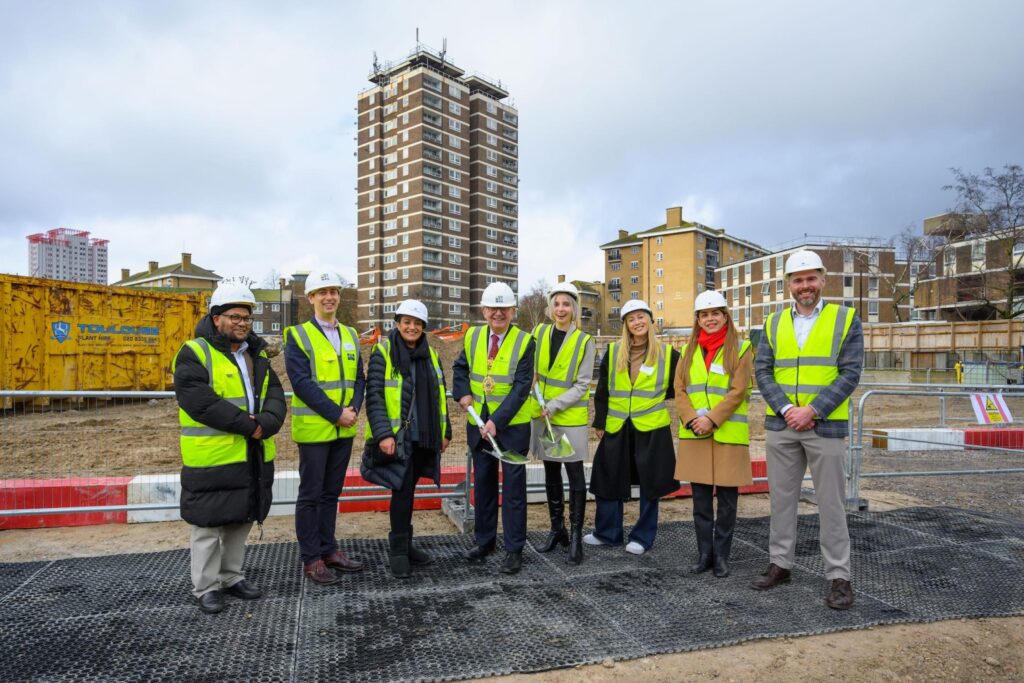Next year is the year when the cuts which we’ve been talking about since 2010 will really kick in.
If you thought things were on the up, the economy was starting to grow again and we can all relax a little after the unpleasantness of the austerity measures of recent years, think again. We’ve only just started to see the impact of the cuts and with the economies of the Eurozone area (our biggest trading partner) and elsewhere stuttering, what’s ahead is far tougher than what we’ve been through to date.
To give you an idea of how far we still have to go, it’s worth reminding ourselves that the budget deficit plans that George Osborne set out in 2010 have been missed by some £50,000,000,000. The prospects therefore continue to be even grimmer than they have been, with much of the burden of finding where spending can be cut falling to local government.
Add to that an ageing and a growing population and the amount of money in the system which is not taken up with statutory services that have to be provided is tiny. Anything which councils are not required to deliver is inevitably under the microscope. Things which might once have been considered ‘essential’ are now ‘nice to haves’. Street lighting. Not statutorily required. Darkness anyone?
Sadly it’s not even a joke.
We may well be entering the dark ages in more ways than one.
In fact street lighting provides an interesting illustration of the challenges local government, in particular, now faces.
My hope is that 2015 sees a new creativity with public bodies
making far greater use of assets and resources to achieve positive social outcomes
There are a range of new technologies which could be used in street lighting, including smart street lighting and LED lighting. Both could offer financial savings, increase energy efficiency and reduce carbon emissions. But of course they require significant upfront investment and may well take years to produce a return on investment. With such fiscal pressure it’s difficult to find the money to invest.
Prevention might make more sense – and indeed it does – in the long term, as upfront investment is smaller than downstream costs. But it’s hard to justify when there’s just not enough money to go round.
In some areas councils are genuinely trying to prioritise prevention and invest in interventions that can provide long term benefits, but I feel these are in a minority. Even when there is a commitment to invest in prevention, the realities sometimes fail to live up to the rhetoric.
One of the things I’d like to see, in order to release the necessary capital to support a greater focus on prevention, is more widespread adoption of creative approaches to making capital work better for productive purpose – social investment.
If we can get past the unhealthy fixation with the latest ‘shiny new thing’ that clouds all meaningful discussion about social investment (social impact bond anyone?) then we can start making our money work more effectively. I’d like to see councils and public bodies making use of their capital, of pension funds and other assets to support prevention. Whether it’s investing in micro-renewable energy production, new technologies, education, preventing health problems (or early intervention) the list of opportunities is limited only by our imaginations.
Going hand in hand with this creative use of capital, I’d also like to see better use of other – intangible community assets – going on. Whether it’s relationships and social networks, aspirations and skills, there is a wealth of untapped assets that happen despite, not because of the public sector. My hope is that the growing interest in community assets leads to a demonstrable transformation in how public bodies like the NHS and local authorities regard communities and align their resources with these community assets.
With budgets being slashed, services cut and an ageing population leading to rising demand, it’s clear that we have to do something differently if we are going to be able to survive, never mind thrive.
My hope is that 2015 sees a new creativity across the country with public bodies making far greater use of the assets and resources they can call on to achieve positive social outcomes.

















Leave a Reply